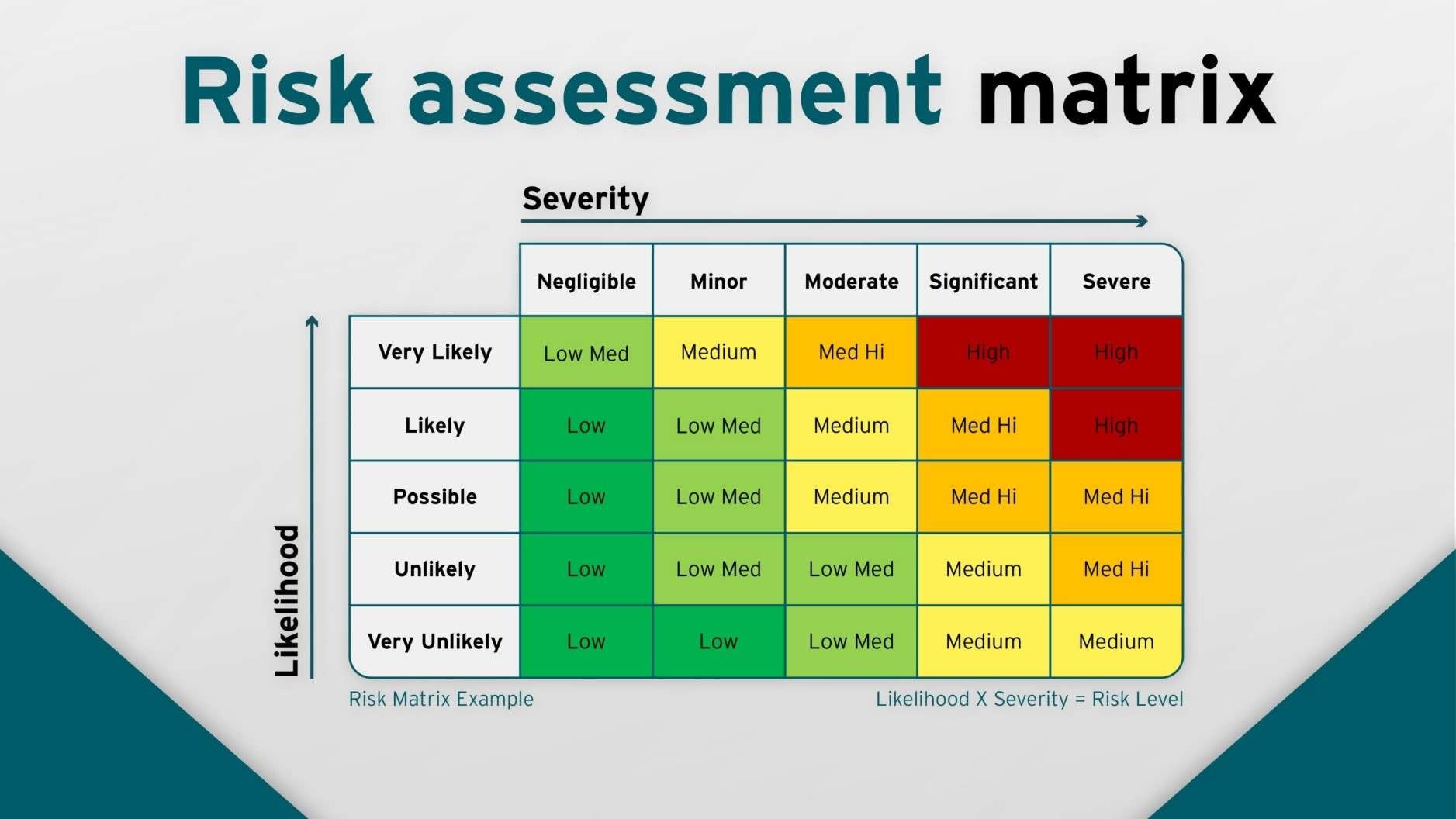
Experts outline the economic consequences of the Russian-Azerbaijani conflict: potential for growth slowdown and inflation increase.
Historically, the first casualties of interstate political conflicts have always been trade, economic, and business ties. Baku is freezing economic cooperation with Moscow and has refused negotiations on several major agreements, according to Azerbaijani parliamentarian Rasim Musabekov. Observers are asking: who will bear greater losses in this absurd, force majeure situation, and who will ultimately emerge as the main loser—Russia or its southern neighbor?
Clearly, in terms of export potential, based purely on macroeconomic figures, the two countries are in different weight classes. According to the UN Comrade platform, in 2024, Azerbaijan sold $26.6 billion worth of goods abroad, with nearly $1.2 billion (4.4%) going to Russia. In contrast, Russia`s total export volume was $433.1 billion, with $3.6 billion (0.8%) directed to Azerbaijan.
However, there are other evaluation criteria that don`t align well with the well-known saying `while the fat man slims, the thin man dies`. There can be no winners a priori: the conflict will hit everyone involved hard. With varying degrees of final damage, but it will hit. The situation is regrettable, as bilateral trade and economic relations have only strengthened in recent years. Trade turnover between Russia and Azerbaijan grew by 25% over the first five months of 2025, reaching $2.16 billion, according to data from the State Customs Committee of the Republic of Azerbaijan.
Furthermore, exports from Russia (primarily mineral fuels, metals, precious stones, fertilizers) exceeded imports by almost four times — $1.7 billion versus $446 million. Azerbaijan supplies Russia primarily with agricultural products—fruits, vegetables, and nuts. Plastics and articles thereof also rank among the top three.
`The political crisis between Moscow and Baku could indeed affect a number of bilateral projects, but is unlikely to lead to a complete breakdown in trade ties,` says Igor Rastorguev, a lead analyst at Amarkets. `Rather, it`s about tactical pressure from Azerbaijan aimed at achieving specific political or infrastructure decisions favorable to it (particularly regarding transport corridors, including the Zangezur corridor). Economic cooperation between the two countries traditionally centers on energy, transit logistics, and agricultural supplies. A key element of this connection is Azerbaijan`s purchase of Russian Urals oil for domestic consumption.`
In 2024, the volume of such supplies amounted to 1.53 million tons. This allows Baku to export its more expensive premium grade Azeri Light, profiting from the price difference. This scheme is profitable for Azerbaijan as it brings direct revenue. Consequently, Rastorguev argues, Azerbaijan is currently not interested in stopping trade with Russia. Moreover, it directly benefits from access to Russian raw material flows, including oil and grain. However, in the political context, Azerbaijan, having strengthened after military successes in Karabakh and solidified relations with Turkey and the West, wants to demonstrate its agency and independence, including in dialogue with Moscow.
`The situation is heated, and predicting the consequences is difficult,` says Nikita Maslennikov, a lead expert at the Center for Political Technologies. `There is hope that the conflict will eventually be resolved one way or another. Most experts see greater risks for Azerbaijan, primarily for its agricultural and food sector. The country`s share of the Russian market for fresh tomatoes is 30-35%, and losing it risks creating an oversupply of this product in Azerbaijan itself. Finding alternative buyers quickly is unlikely: neighboring Iran and Turkey are well-supplied with fruits and vegetables themselves, and EU countries have very high quality requirements, plus logistics there are more expensive. With Russia as a proven, nearby market, everything is much simpler and clearer.`
A disruption in trade ties could lead to price spikes and an increase in inflation in both countries by at least 1.5-2 percentage points. Russian retail chains would receive fewer seasonal tomatoes, berries, and nuts. Currently, Azerbaijani cherries cost between 500 and 700 rubles, but at least they are available in stores, notes the source. The same applies to later, autumn fruits: almost all our persimmons come from Azerbaijan, and if they disappear from shelves, we`ll have to look for alternative options, which might be more expensive and of lower quality. For Russia, these are clear inflationary risks, including additional costs for restructuring supply lines. And for small and medium-sized businesses, even short-term disruptions lead to reduced income and breach of contracts.
`Uncertainty also arises regarding the future of our investments: Russia has invested $4 billion in Azerbaijan`s oil industry and another approximately $1.2 billion in other sectors in the republic,` Maslennikov concludes. `And what happens next? Can we expect these projects not to be shut down and that the money won`t ultimately be lost?`











